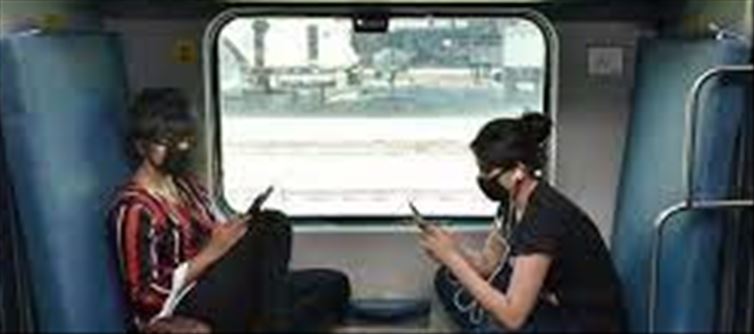
What type of seat do most passengers book in trains?
After the United States, Russia, and China, india has the fourth-largest railway network worldwide. Every day, 9,146 freight trains and 13,523 passenger trains are run by indian Railways. Trains carrying passengers typically go at 50.6 kmph, whereas freight trains average 24 kmph.
68,103 km made up indian Railways' entire route network by the conclusion of the fiscal year 2022. In 2020–21, the railways electrified 6015 kilometers of track in a single year. The pace of electrification increased five times between 2014 and 21 compared to 2007–14. The indian Railways intends to transition to entirely electrified routes by 2024.
There were 41 Vande Bharat trains operating in the nation as of january 31, 2024. By 2025–2026, indian Railways intends to have 75 semi-high-speed "Vande Bharat" trains. These trains are entirely native.
What is the money generated by indian Railways?
The Railways reported record revenue of Rs 2.40 lakh crore (US$ 28.75 billion) for the fiscal year 2023–2024. Passenger trains accounted for about 29% of the total income. indian Railways has embraced a number of innovative strategies to boost its earnings. One of these is to offer online services for reserving hotel rooms, tickets, and retirement rooms. This generates substantial cash for indian Railways. Railways has produced numerous travel packages for foreign visitors, with a focus on international tourists.
In the next ten years, Railways wants to generate $5.95 billion in revenue through monetization. Making the most of indian Railways' resources and services is known as railroad monetization. The Railway Ministry states that 300 trains will have their pantry cars removed and AC-3 category coaches added in their place. This change is expected to raise revenue by Rs 1400 crore (US$ 167.93 million). Train-side vending machines, e-catering, and kitchens at railroad stops will provide the food service.




 click and follow Indiaherald WhatsApp channel
click and follow Indiaherald WhatsApp channel